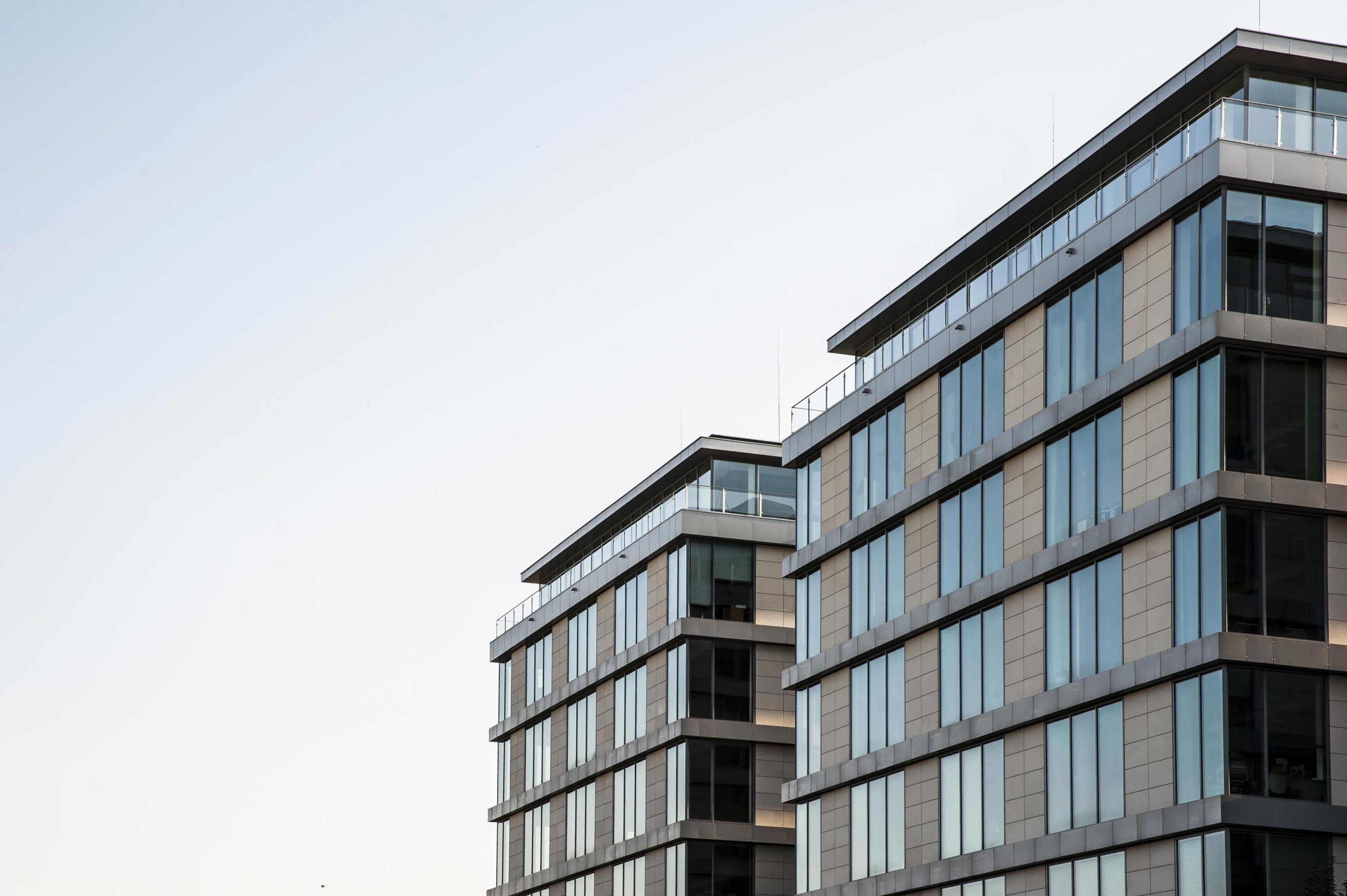A recent case in the Upper Tribunal offers lessons in determining who is liable for paying for maintenance on extensions to existing blocks. Brady Solicitors highlight the surge in development activity and explain the implications for both managing agents and leaseholders.
The cranes dominate the skylines and there is (apparently) no end in sight to the national shortage of bricks: the construction industry is clearly on the up, driven in no small part by the demand for new homes.
In many cities this resurgence in the residential property market is manifesting itself in the extension and redevelopment of existing apartment blocks; indeed, just down the road from the Brady Solicitors headquarters in Nottingham we are seeing blocks that were started just before the credit crunch in the mid 2000’s now move onto the next stage of development and revenue maximisation.
Major works on extended blocks
If you are a managing agent with blocks in your portfolio that have newly built – or planned – rooftop or other types of extensions, are you clear on who is responsible for bearing the cost of maintaining these extensions?
The recent case of Moran v Carrara-Cagni highlighted the issues that can arise when existing leaseholders challenge the requirement to contribute to repair work on extensions.
In a nutshell, the Moran case involved a block of flats with a rooftop penthouse apartment. Sometime in the 1970s the apartment had been extended with a conservatory at either end to create a larger bedroom at one end and an extended living / dining area at the other end.
In 2012 major works to the value of £1.3m were undertaken, which included replacing windows and patio doors for each leasehold flat.
The two conservatories were also demolished and rebuilt and, when the landlord sought to recover the major works costs from the leaseholders, the leaseholders disputed their liability to contribute towards these conservatory repairs.
Their argument rested on the grounds that the conservatories did not exist at the time when the leases were granted and so their liability to pay could not have been foreseen. The First-tier Tribunal agreed and found in favour of the leaseholders.
The landlord appealed and the case went to the Upper Tribunal (UT) where the decision was overturned.
So why were the leaseholders liable to pay for the maintenance of the conservatories?
In simple terms, because the lease said so.
The Tribunal found that the lease allowed for future additions to the structure to be maintained through the service charge.
The lease stated that the repair covenant covered: “all buildings, structures or erections which now are or may at any time hereafter be erected thereon”. With this catch-all clause, the leaseholders could not dispute liability to pay towards the maintenance of the conservatories.
The UT also considered whether or not consent had been obtained for the alterations to the penthouse. The position regarding consent was unclear but had no effect on the overall outcome, which rested entirely on what was set out in the lease.
Advice for managing agents with extended blocks
The Moran V Carrara-Cagni (2016) case continues the theme of courts taking a strict interpretation of the lease. Whilst extending and developing existing blocks is a new and growing phenomenon, the first step it seems is a review of the original lease to ascertain the approach to service charges and future building.
Additionally, the Moran case also reiterates the key idea of preparing for major works projects. This article by Caroline Lee reminds managing agents of how to take a strategic approach to major works
And for leaseholders?
Paying for maintenance and repairs on an extension to your block may seem unfair and a bitter pill to swallow however, if your lease sets out your liability to pay, you will struggle to defend non-payment.
For anyone considering buying a leasehold property we recommend you use a specialist leasehold conveyancing solicitor, who will ask the right questions about current and planned development work and assess the lease to explain your liability.
Expert help with disputes on extended blocks
With space at a premium and ‘building up’ being a generally more cost-effective development option, we can expect to see an increasing number of existing blocks putting up the scaffolding and extending the space.
For advice or litigation support on queries relating to extended blocks, contact Brady Solicitors’ property management experts.
Call us on 0115 985 3450 or click here to send us an email.
*Christopher Moran Holdings Ltd v Laura Carrara-Cagni {2016} UKUT 0152 (LC)

